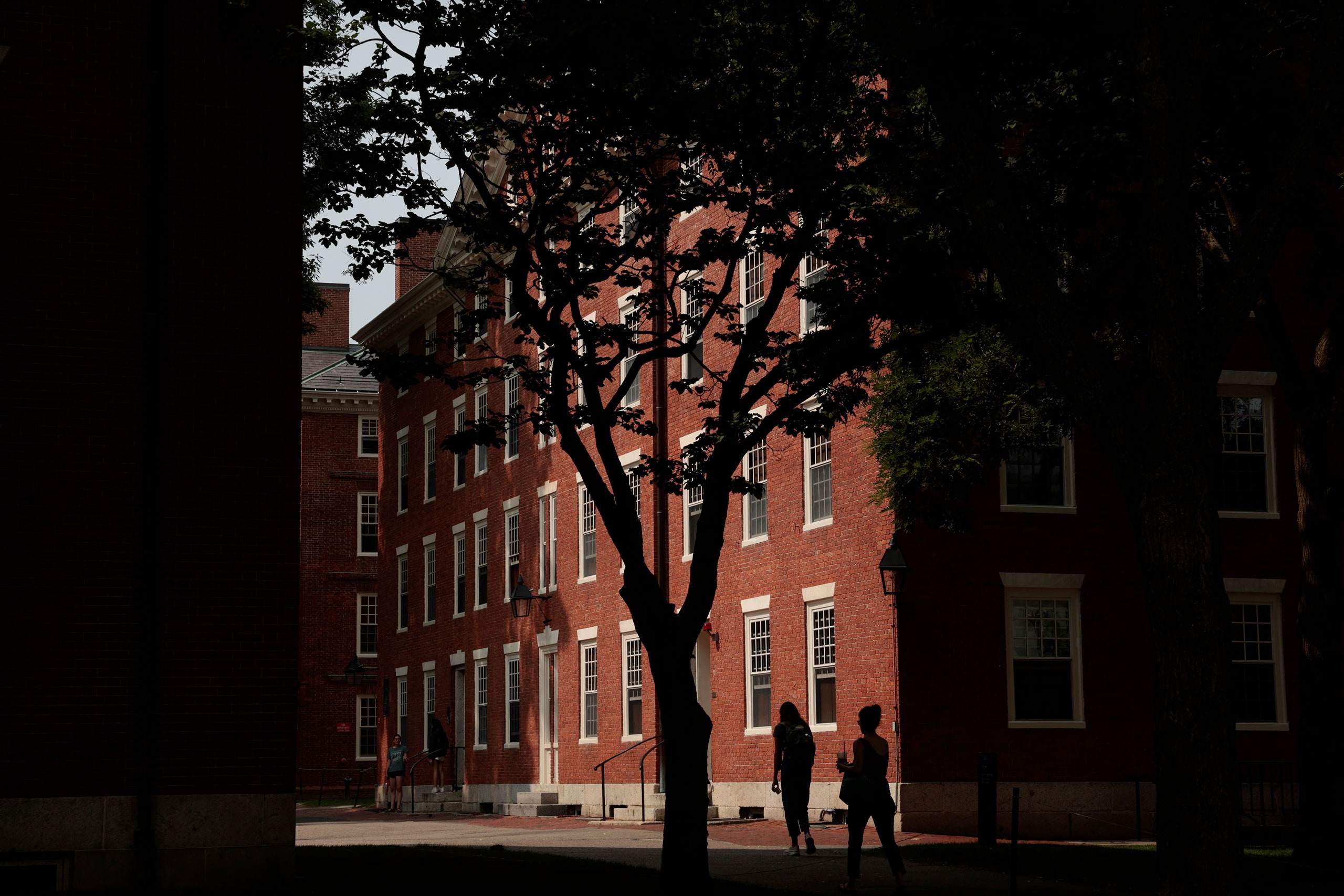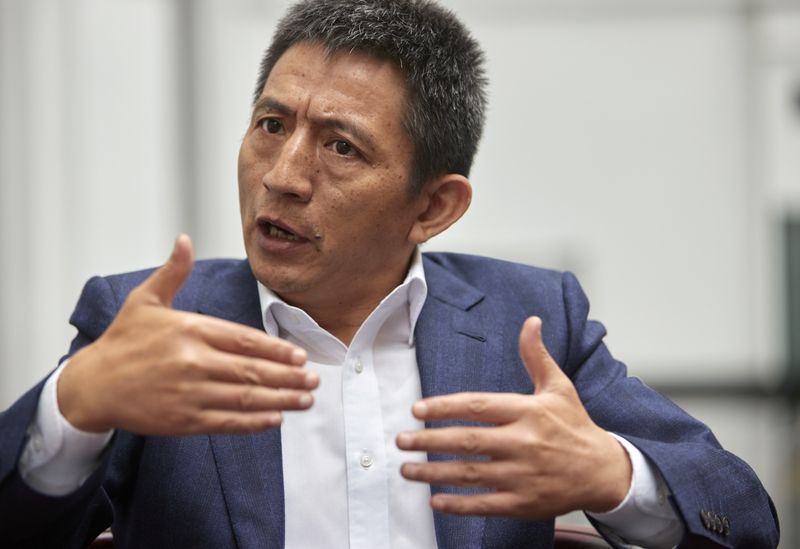Now Reading: Why Harvard Decided to Challenge Donald Trump
-
01
Why Harvard Decided to Challenge Donald Trump
Why Harvard Decided to Challenge Donald Trump

Harvard’s decision not to yield to the Trump Administration’s threats to its federal funding was a pleasant surprise to many in the university community. The university stated it will uphold its independence and constitutional rights, a departure from past instances where universities complied with government coercion to protect funding. Previous incidents, such as military recruitment policies and responses to sexual assault investigations, show how universities faced pressure to conform to government demands to avoid funding cuts.
Under the Trump Administration, civil-rights laws have been used to impose restrictions on universities, including actions against discrimination and diversity initiatives. The administration’s efforts to control universities’ policies, such as transgender rights and diversity programs, have sparked legal challenges and pushback from educational institutions. Harvard’s stand against unlawful demands from the government reflects a broader resistance to encroachments on academic freedom and institutional independence.
The administration’s attempts to influence universities go beyond addressing antisemitism or discrimination and aim to assert control over academic institutions. Harvard’s decision to reject the administration’s demands and defend its autonomy has led to funding freeze and criticism from the government. This conflict highlights the broader assault on institutions essential to democracy and the need for universities to reevaluate their reliance on federal funding to maintain academic freedom and independence.






